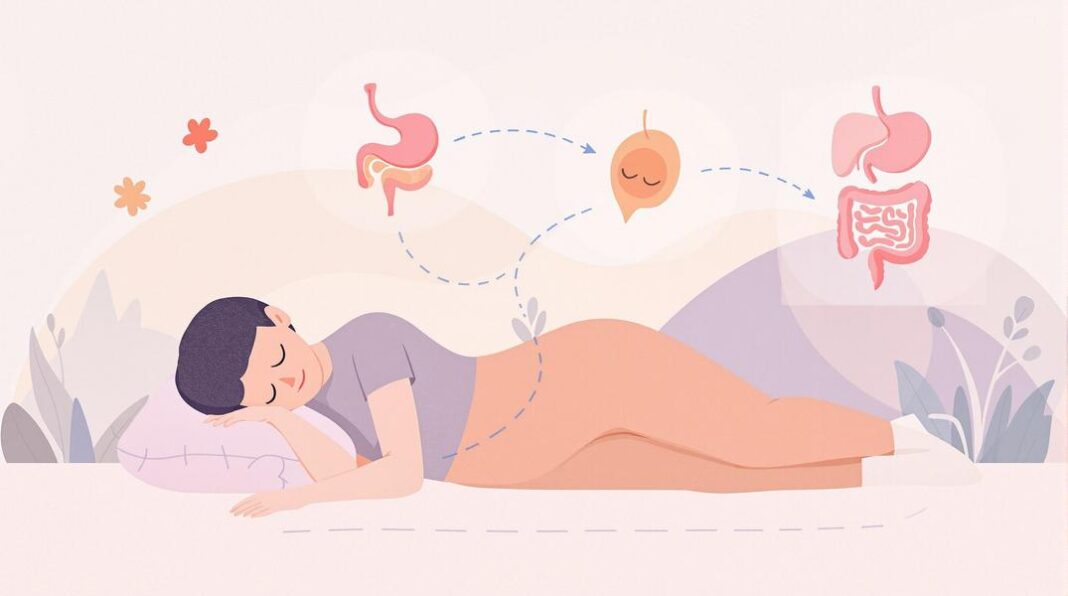The quiet crisis of low testosterone affects millions of men, yet many suffer in silence, unaware that their fatigue, mood changes, and intimacy issues stem from hormonal imbalance rather than just “getting older.”
Low testosterone — or “low T” as it’s commonly called — can manifest through a constellation of symptoms that extend far beyond the bedroom. From decreased muscle mass to bone density concerns, the condition impacts physical, emotional, and cognitive health in ways many men don’t connect to a single underlying cause.
More Than Just Sex Drive
While reduced libido and erectile dysfunction are perhaps the most recognized symptoms, they represent just the tip of the iceberg. Many men experiencing low testosterone report persistent fatigue that doesn’t improve with rest, alongside noticeable reductions in muscle mass despite maintaining regular exercise routines.
“Some men with low testosterone do not have any symptoms. Others may have low sex drive, problems having an erection, low sperm count, sleep problems such as insomnia, decrease in muscle size and strength, bone loss, increase in body fat, depression, trouble concentrating,” according to resources from the National Library of Medicine database.
Sleep disturbances present another common but overlooked red flag. Men with diminished testosterone often struggle with insomnia or poor sleep quality, creating a vicious cycle as inadequate rest can further suppress hormone production.
The Emotional Toll
Could your irritability and mood swings have a hormonal explanation? Medical experts increasingly acknowledge the significant impact of testosterone on emotional regulation and mental health.
Depression, difficulty concentrating, and persistent irritability are frequently reported by men with low testosterone levels. These symptoms can be particularly confusing, as many men don’t associate their emotional state with hormone levels, instead attributing changes to stress, aging, or other life circumstances.
The Cleveland Clinic notes that reduced sex drive and erectile dysfunction are primary symptoms in adult men, but these often coincide with the emotional and cognitive symptoms that can significantly impact quality of life.
Physical Transformations
Beyond the bedroom and brain, low testosterone triggers noticeable physical changes. Many men experience increased body fat — particularly around the midsection — alongside decreased muscle mass, creating a frustrating scenario where weight management becomes increasingly difficult.
In some cases, men develop gynecomastia, an enlargement of breast tissue that can be both physically uncomfortable and emotionally distressing. Hair loss, while often attributed solely to genetics, can also be accelerated by hormonal imbalances.
Perhaps most concerning is the impact on bone health. “Testosterone helps to produce bone tissue and maintain bone volume,” explains Medical News Today, noting that diminished levels can lead to reduced bone mass and increased fracture risk — a silent danger many men never consider.
Erectile Dysfunction: It’s Complicated
While erectile problems often prompt men to investigate their testosterone levels, the relationship isn’t straightforward. Low testosterone can certainly contribute to erectile difficulties, but it’s rarely the sole cause.
What complicates matters? Numerous factors can affect erectile function, including “smoking, thyroid-related issues, high cholesterol, stress or anxiety, alcohol consumption, diabetes, high blood pressure,” according to medical sources. This complexity underscores the importance of comprehensive evaluation rather than assuming a single cause.
That said, men experiencing persistent erectile dysfunction alongside other symptoms should consider having their testosterone levels checked, as addressing hormonal imbalance may be part of the solution.
When to Seek Help
The Urology Care Foundation advises that common symptoms warranting medical attention include “low sex drive, fatigue, reduced lean muscle mass, irritability, erectile dysfunction, and depression.” When these symptoms cluster together, it’s particularly important to consult a healthcare provider.
Diagnosis typically involves blood tests to measure testosterone levels, preferably taken in the morning when levels are naturally highest. If low testosterone is confirmed, treatment options may include testosterone replacement therapy, which can help alleviate symptoms and improve quality of life.
For many men, acknowledging the possibility of hormonal imbalance represents the biggest hurdle. Yet understanding that these widespread symptoms might have a treatable cause offers hope that what feels like an inevitable decline might instead be a medical condition with effective solutions.


